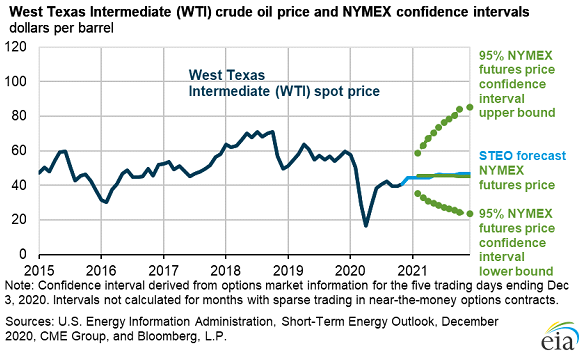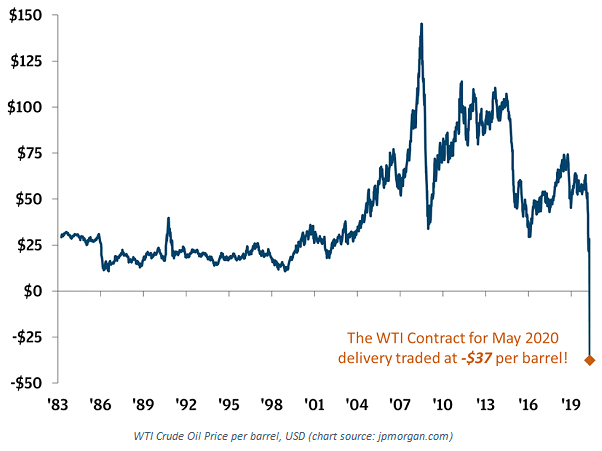
The price of crude oil is quite approaching its highest level since 2018, just as the global recovery by gains traction. Inflation, mainly through the gasoline channel, is a severe danger to the country’s economy. India’s petrol and diesel prices have reached new heights. The Petroleum Ministry has repeatedly declared that it is in talks with vital oil-exporting countries to enhance crude supplies and lower the official selling price for Asia.
The rising trend in worldwide crude prices is only part of the story regarding fuel inflation, as taxes play a significant factor in current fuel prices. While the situation is already fragile, any further increase in world crude prices will exacerbate it. We look at the reasons behind high crude oil prices and how India is dealing with them.
Petrol prices are the real problem nowadays in our country. And it is going on rising day by day wants to know the real reason. We are now going to give a detailed and explained analysis about it to clear all your doubts.
The topic we are going to cover is that why is petrol prices rising is there any hand of oil bonds in this.
Are free vaccine is a reason for this rise? We are going to clear everything.
Petrol prices rising day by day.
When we have elected our ministers, they were fighting the election in the name of expenses. Now that same government has made middle-class family’s lives hell because of rising prices in every segment. But the main and only thing, petrol, is the key because it is directly or indirectly connected to everything we need to survive.
As per the report published in February 2021 in India today, seven years before the actual price of petrol means the crude oil is 2/3 of the cost and 1/3 are the taxes included in it. The scenario has changed entirely now 2/3 of the total price of petrol we are paying is for the taxes and 1/3 is for the petrol.
The reason behind rising in oil price /cloudfront-us-east-2.images.arcpublishing.com/reuters/AU33HL3JUFJPRDAQHSPWGYKJFY.png?w=708&ssl=1)
Brent crude prices surpassed $85 per barrel earlier this week, reaching their highest level since 2018, owing to a surge in worldwide demand as the global economy rebounds from the pandemic. Even as the COVID-19 pandemic situation improves around the world, the government appears to have lost control of the steep increase in fuel prices in recent months.
Despite a spike in global crude oil prices, vital oil-producing countries have maintained and managed a modest increase in output schedule. The stock market feels the effects of rising inflation, currency value fluctuations, and increased input costs for businesses in all industries.
Brent crude had nearly doubled in price since a year ago when it was $42.5 per barrel. Brent prices have risen by 30 per cent in the last two months, more than doubling in the previous year.
Despite a spike in prices, the OPEC+ group of oil-producing countries maintained their most recent round of meetings to boost overall crude oil supply by only 400,000 barrels per day in November. Fuel tariffs offered fiscal room for the central government, which it wisely used to expedite capital investments and pursue different socio-economic development measures. After the increase in November, the output of the biggest oil-producing countries – Saudi Arabia, the United Arab Emirates, Russia, Iraq, and Kuwait – would be around 14% lower than reference levels.
Wrap-up 
Like the federal government, States require financial resources to fund development projects, and fuel taxes are an essential revenue source. India’s top state-owned oil refiners likewise attempt to pool their demand to get better oil procurement rates. As a result, rather than utilizing fuel costs as political hyperbole, it is essential to build a more educated policy discourse on the subject and recognize the fiscal constraints that both states and centres face while minimizing these responsibilities.
Experts cautioned, however, that while grouping demand may help get a better deal, diversifying consumption may result in smaller discounts from individual countries. Reduced crude oil usage is the only long-term solution. This strategic framework should see the continued campaign to promote e-vehicles, boost ethanol blending in gasoline, and announce alternative fuels like Green H2.
Article Proofread and Edited by Shreedatri Banerjee





